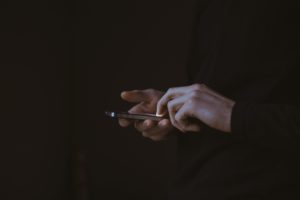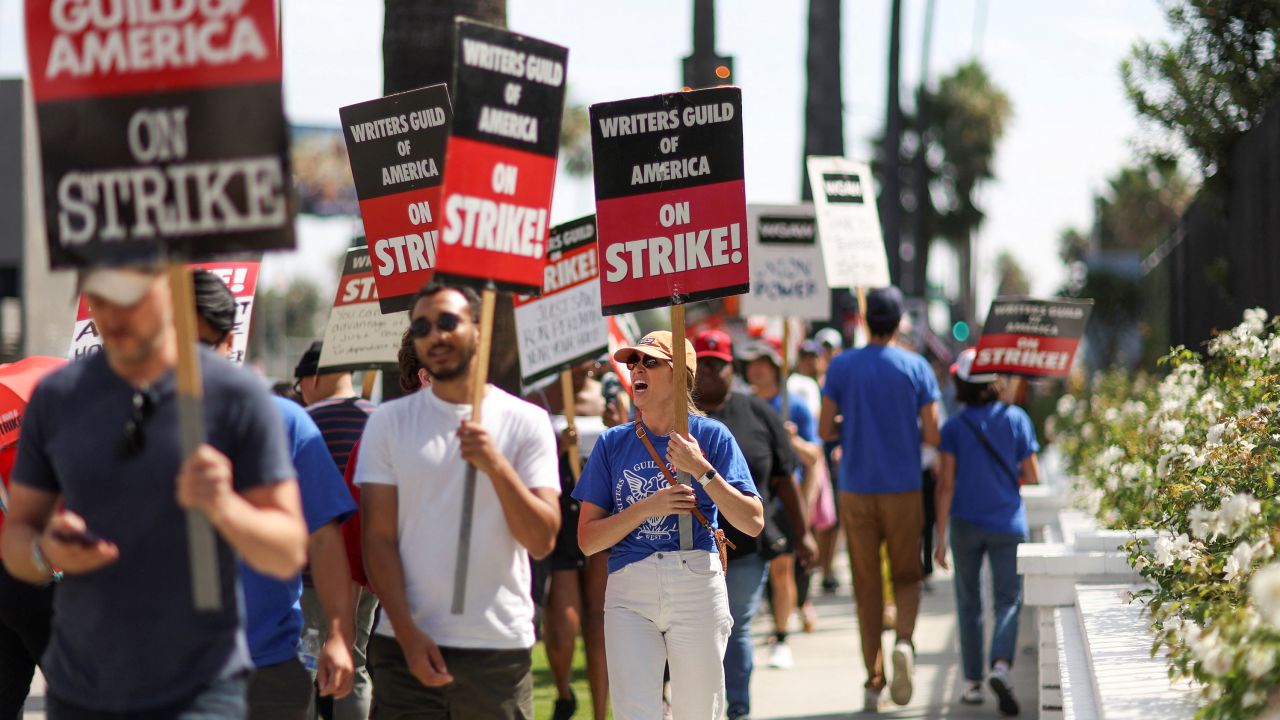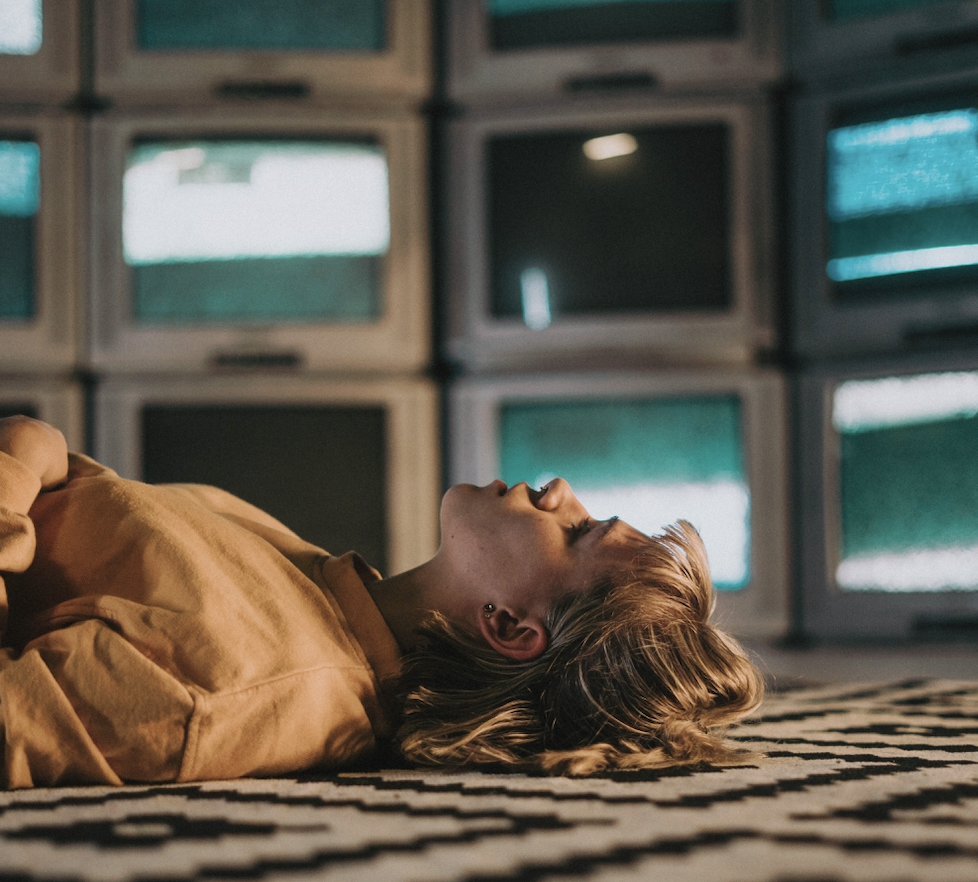The Dangers of Surveillance Desensitization

Societal surveillance is growing at an alarming rate, and social media is teaching us to document our lives every day. Mindless acts like Facebook location sharing and TikTok pushing content creators to “go live” are just a couple examples. The entertainment industry might also be desensitizing us to surveillance in shows like Too Hot To Handle, Love Island, and older shows such as MTV’s The Real World, and Big Brother. These reality shows create a life of constant surveillance for the contestants. They show us that it is “cool and popular,” and a sure way to a fame career if you allow the whole world to watch you 24/7.
Harvard’s Shoshana Zuboff who wrote the book The Age of Surveillance Capitalism that explains the dangers of modern surveillance. In one interview she explains that Surveillance Capitalism is an economic logic. She says that our private experiences are free raw material for people to make money off of by making it into behavioral data. Social media apps are collecting data on us to use and in-turn predict the future patterns of our behavior. Companies around the world use this future behavioral predicting through the social media ads on Facebook and Google.
Our active social media presence and online shopping is just one way companies can surveillance us. But what about security cameras for stores, streets, and homes tracking our daily moves off social media? Lately, we have seen the comical side of home security footage like funny baby monitor videos or funny home security footage. Though these videos may be lighthearted and fun, there have been reports of hackers gaining control of your cameras. According to a CNET article, your security camera being hacked is easier than one may think.
According to data reported by The Wall Street Journal, over 1 billion surveillance cameras will be installed globally within the next year. But as the world stands back and watches these cameras being installed, our globe also has to consider what is happening in China. China’s “Social Credit System” , launched in 2014, encourages citizens to act “good and moral.” Consequences of violating the system of the communist party include slower Wi-Fi connections, flight bans, and restrictions on hotel or train tickets. According to Insider, violations can also include bad driving, buying too many video games, wasting money and posting risqué content on social media.
The psychological effect of this type of surveillance may be helpful if governments want their citizens to behave “good” under tight control. But looking through the scope of individuality, governments could soon convince us to give up our natural privacy rights. If this happens, our right to make decisions will soon diminish, our actions will be programmed and free thinking will be deemed dangerous. We won’t be able to come up with new ideas or think outside ourselves. Neil M. Richards in the Harvard Law Review theorized succinctly when he said, “Such intellectual surveillance is especially dangerous because it can cause people not to experiment with new, controversial, or deviant ideas.” Richards says we need to protect our “Intellectual Privacy.”
Yes, security surveillance is a necessity for our homes, the stores we shop in, on our cars and in the workplace. Social media also gives us a feeling of acceptance and acknowledgment from those around us. But as we accept the “terms and conditions” to these services, and surveillance in general, we should be concerned with who is watching us and how our personal data is being used.





